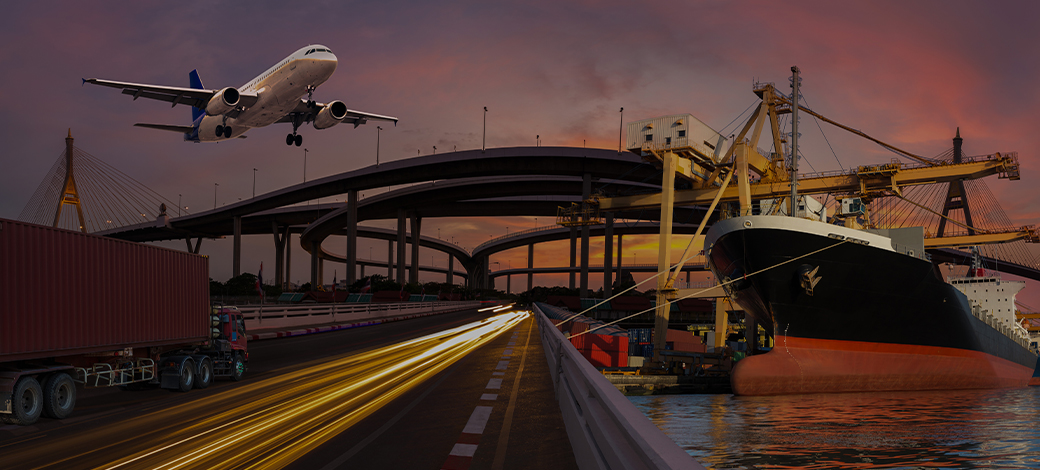ANEEL opens a Public Consultation concerning the regulation of electricity storage, including reversible hydroeletric power plants
The Brazilian National Electric Energy Agency (ANEEL) has opened Public Consultation No. 39/2023, through the exchange of documents, to develop regulatory adjustments necessary for integrating storage systems, including Reversible Hydroelectric Plants, in the context of the Brazilian electric sector’s energy transition.
The issue, considered strategic because of its potential direct or indirect impact in government entities and agencies, as well as various private sector entities, was addressed by a Preliminary Public Consultation, which resulted in the Regulatory Impact Analysis (AIR) Report No. 1/2023-SGM-SCE-STD-STE/ANEEL, now submitted for Public Consultation. The central issues addressed in this report are the “barriers or challenges to the integration of new energy storage solutions in the context of the energy transition in Brazil”.
Among the proposed solutions, both normative and non-normative treatment alternatives were identified, which were detailed in the AIR Report, with the following specific objectives in mind: (i) adapting network access regulation to new energy storage technologies, (ii) adjusting concession regulations for new energy storage solutions, and (iii) evaluating alternative remuneration structures for electricity storage systems.
Some examples of proposed alternatives include: the definition of MUST/D (Amount of Transmission/Distribution System Usage) based on the SAE (Energy Storage System) capacity; the possibility of bundling multiple concessions into a single CUST/D (Agreement for the Concession for the Use of the Transmission and Distribution System); treating Autonomous Storage Operators similar to large consumers in terms of concession mode; defining a concession mode for closed-cycle or semi-closed-cycle reversible power plants as an authorization without a public bidding; conducting pilot projects or regulatory sandboxes as incentives; and establishing an institutional agenda involving various agencies (planning, operations, regulation, policy, etc.).
According to the AIR Report, the new regulation may impact the following rules:
- REN 875/2020 – Hydropower concessions;
- REN 876/2020 – Non-hydropower concessions;
- REN 905/2020 – Rules for power transmission services;
- REN 954/2021 – Hybrid and associated power plants;
- REN 956/2021 – Procedures for power distribution;
- REN 1.000/2021 – Rules for power distribution services
- REN 1.009/2022 – Acquisition of power in the Regulated (ACR) or Free Market (ACL);
- REN 1.011/2022 – Procedures for authorization for power trading;
- REN 1.016/2022 – Criteria for adding renewable energy generation units to isolated power plants;
- REN 1.027/2022 – Financial compensation for the use of water resources;
- REN 1.029/2022 – Operational status and definition of installed and net power;
- REN 1.030/2022 – Demand response, ancillary services, and constrained-off payments for wind farms.
Interested parties must submit their contributions by December 18, 2023.
Please contact the Energy team at Souto Correa should you need any further information.
Access the contributions form through this link.
